Small Island Big Song: Creating Sonic Joy to draw attention to Climate Change in the Oceans.
SIBS Producers & Founders BaoBao Chen & Tim Cole with Tarika Sammy in Madagascar.
Culture is the framework through which we understand our relationships to our social and physical environments. It is our shared patterns of behavior, interactions, and beliefs. Culture is fluid, yet built up over the generations. Whether we are aware of it or not, it becomes the core of our guiding personal narratives.
Photo: Michael Cooper
But our culture is failing us.
The symptoms are evident. We are confronted by daily news of massive forest fires, rising sea levels, widespread coral bleaching, tiny plastics suffocating our mighty oceans, the continuous loss of species, and extreme weather events exceeding all records. Our planet’s natural environment, the global ecosystem in which we live and depend for our very survival, is collapsing around us. The evidence is tangible, lived and indisputable. Yet we still fail to respond with the resolve and urgency that nature and our future generations demand. Our dominant global culture lacks both the perspective to even recognise and the resources to respond to the grave existential threat our world faces. Otherwise we wouldn’t be re-reading the same news day after day.
Many are overcome by a feeling of helplessness with our inability to react.
From decades of working on cross-cultural arts projects, we have been inspired by the concept of ‘songs’ as vessels for storing and transferring cultural knowledge across generations. To Indigenous artists of the Oceania region, in particular the Indigenous peoples of Australia, songs mean survival in some of the world’s most challenging environments. For over 40,000 years, songs have defined title and ownership over nations’ borders. Songs have prescribed the food to eat. Songs have illustrated how to maintain the land and structure the society. Songs have unlocked the navigation of vast deserts. These songs were, and in some Aboriginal nations, are still sung in particular sequence. They go by many Indigenous names. But in English, they have been called ‘songlines’.
The songkeepers—the Indigenous custodians of traditional knowledge—with their cultural perspectives forged in partnership with nature, have, in effect, sustained communities within fragile environments of limited resources over countless generations. Like science, the systems of traditional knowledge are cultivated through repetition, observation, and experimentation. Their goal: resilience, solving the real-world problems faced by their communities.
SIBS Artists: Emyln, Kokol, Kan - Mauritius
SIBS Artist - Putad -Amis People-Taiwan
SIBS Artist - Sauljaljui - Taiwan
SIBS Artist: Selina Leem - Marshall Islands
SIBS Artist: Tarika Sammy - Madagascar
Since 2015, the goal of Small Island Big Song has been to create a contemporary songline. Working together with musicians who identify as First Nation custodians, this Oceanic Songline seeks to unite Indigenous voices and traditional knowledge, to connect the international community to the soul of a distant region too often seen through stereotype and cliché, and to just perhaps reveal some timely wisdom for a small island we call Earth.
By way of confronting today’s greatest environmental challenges with a united perspective, we search for new cultural ‘guideposts’, psychological security, and effective methods of action. Let us focus our gaze on the one thing that is real in our world of digital distractions—nature.









